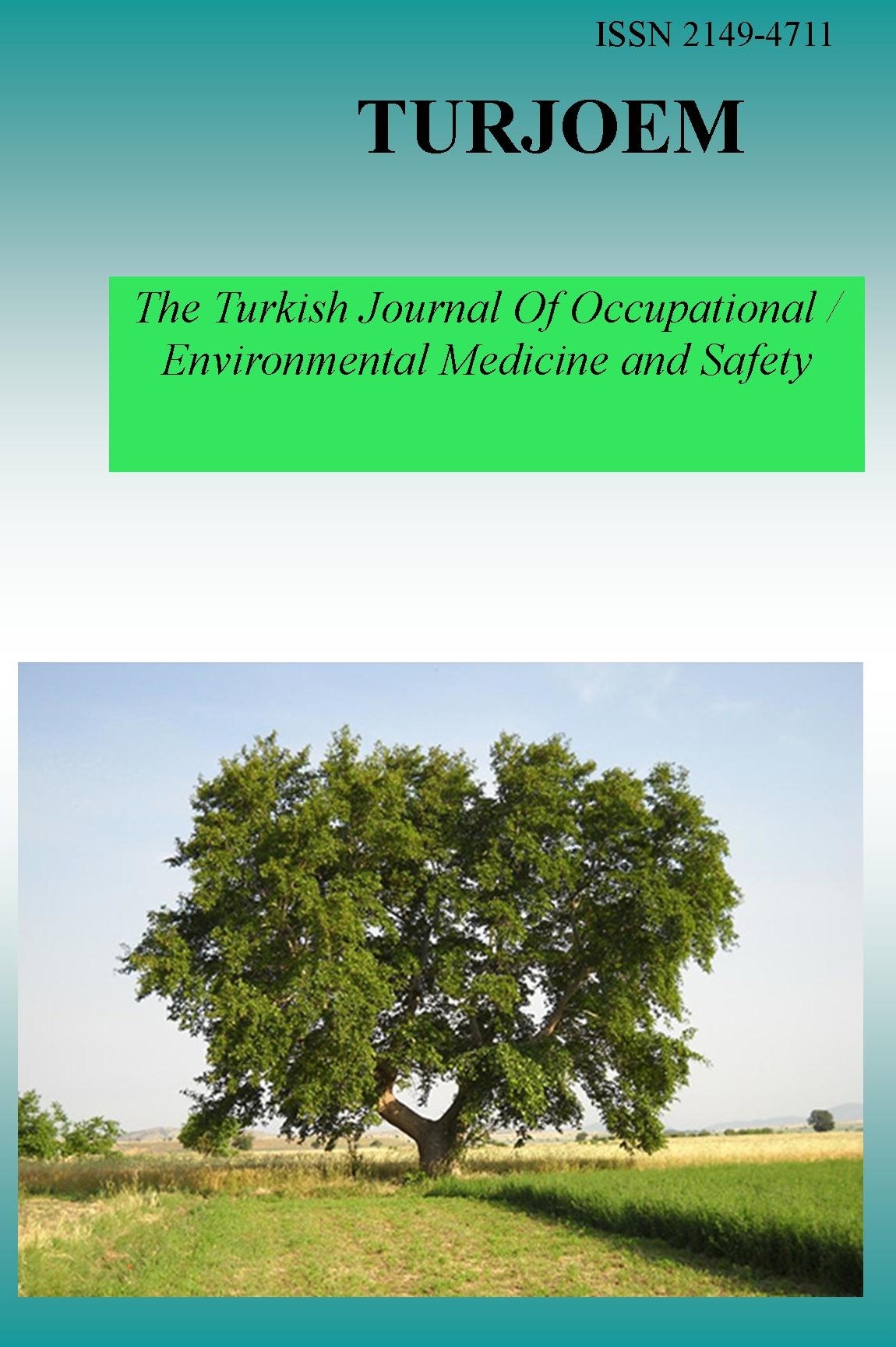COMBINATIONAL EFFECT OF ALYSSUM PATERI SUBSP. PROSTRATUM AND 5-FU ON HT-29 AND PC-3 CANCER CELL LINES
COMBINATIONAL EFFECT OF ALYSSUM PATERI SUBSP. PROSTRATUM AND 5-FU ON HT-29 AND PC-3 CANCER CELL LINES
___
- Mehmet Kadir ERDOĞAN1*, Lütfi BEHÇET
- Department of Biology, Faculty of Arts and Sciences, Bingöl University, 12000, Bingöl, Turkey
- ISSN: 2149-4711
- Başlangıç: 2015
- Yayıncı: Engin TUTKUN
SIMCA ANALYSIS APPLICATIONS IN BIOMEDICAL AND FORENSIC SCIENCE
Sherif ABBAS, Salih EMRI, Feride SEVERCAN
PROTECTING HUMAN HEALTH AND ENVIRONMENT FROM CHEMICALS – WHO REGIONAL OFFICE FOR EUROPE PERSPECTIVE
CYP1B1 AS A THERAPEUTIC TARGET FOR ANTICANCER DRUGS
Elif INCE, Alev TASCIOGLU, Çigdem KARAASLAN, Natalia BILARDI, Sibel SUZEN, Hande Gurer ORHAN
Gülsüm Handan SINAN, Devrim GÜZEL BAYÜLKEN, Berrin AYAZ TÜYLÜ
ENVIRONMENTAL CONTAMINATION FROM ACCUMULATION OF ANTIBIOTICS AND WIDESPREAD POLLUTION PATHWAYS
TOXIC EFFECTS OF DICHLORVOS ON GALLERIA MELLONELLA LARVAE
Mustafa COŞKUN, Tamer KAYIŞ, Osman DURSUN, İskender EMRE
Aslı Çilingir YELTEKIN, Ahmet Regaip OĞUZ
DNA DAMAGE AND REPAIR IN CANCER
GENOTOXIC EFFECTS OF SILICON DIOXIDE NANOPARTICLES IN ALLIUM CEPA
Özlem ÇALBAY, Fatma ÜNAL, Zekiye SULUDERE, Deniz YÜZBAŞIOĞLU
